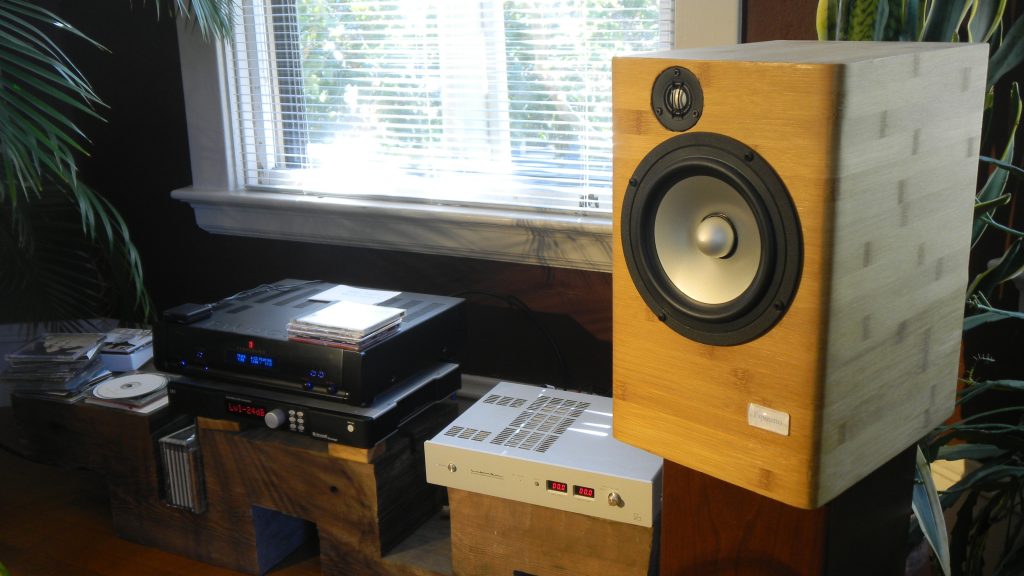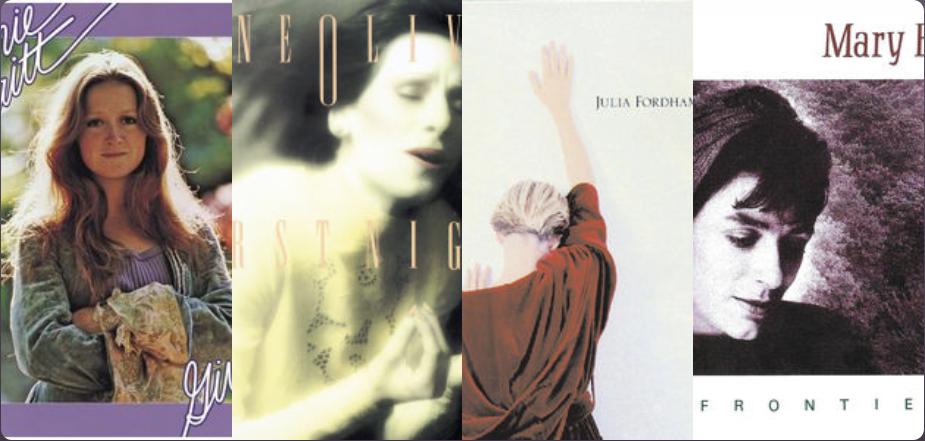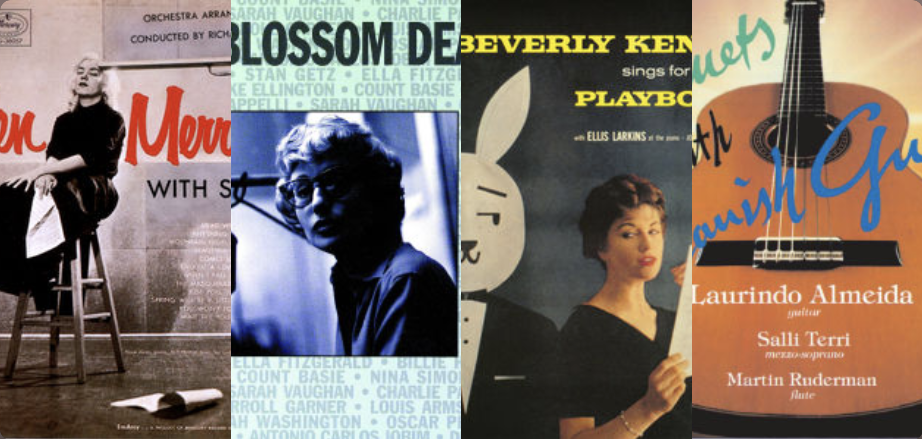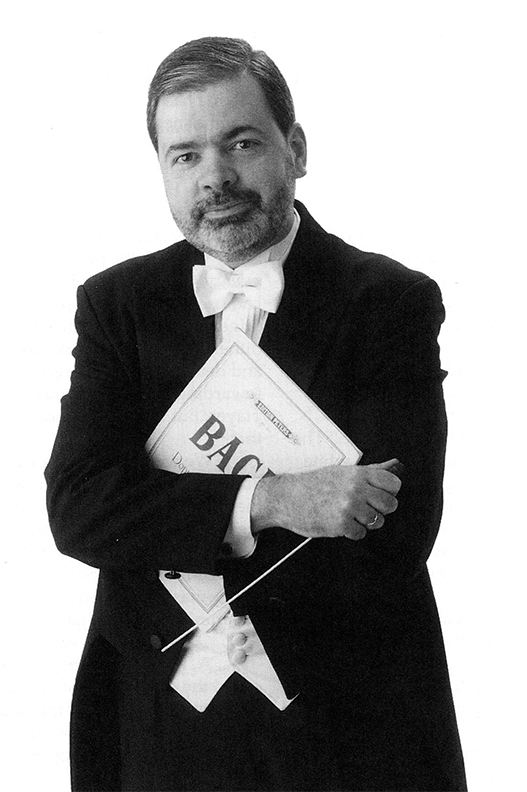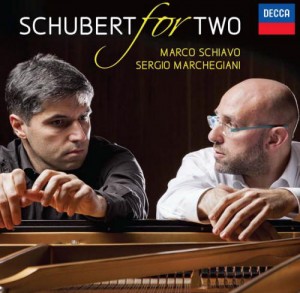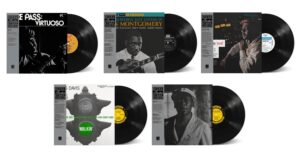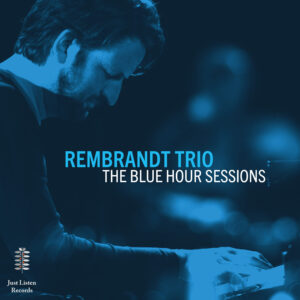In this week's "Vault Treasures," our trusty musical guide John Marks shares with us a jazzic voice that I was not familiar with: Blossom Margrete Dearie, AKA "Blossom Dearie." Last week's brief essay covered Julie London, a person of real renown; but this week's "Blossom Dearie" is likely to provoke a "Say what?!" even from some of the jazz cognoscenti.
John points out that Dearie is a unique voice, with a completely different interpretation of these compositions, and a cool, detached, and languid style of performance that is unlike anyone else that I'm familiar with. Blossom Dearie is somewhere over on the other side of the galaxy from the likes of Billie Holiday or Nina Simone...no fiery heat, no sultry flames, no prophetic fire here...but her voice brings something of the calmly existential to the jazzic mix. A White voice, but definitely not white noise.
Dr. David W. Robinson, Ye Olde Editor
Blossom Dearie: Verve Jazz Masters 51. CD Verve 529 906-2
Blossom Dearie, piano, voice; Ray Brown, bass; Kenny Burrell, Herb Ellis, guitar; Jo Jones, drums; others. Recorded 1955–60; remastered 1996.
"Blossom Dearie" (full name Blossom Margrete Dearie) certainly sounds like a stage name. However, "Dearie" is an old Scottish name, also spelled "Deery" and "Deary."
As for her given names, she was born in April, and one story is that the pear trees in the area around her home in rural New York were in blossom, and a neighbor brought blossoms to the Dearie home on the day of her birth… . I suspect "Margrete" was chosen by her mother, who either was Norwegian, or was of Norwegian ancestry.
That said, perhaps the stage-name thing (as well as her gamine cuteness, and her little-girl voice) made people underestimate Dearie's musical intelligence.
While working as a "girl singer" in the late 1940s in NYC, Dearie met singer Dave Lambert. Lambert in turn introduced her to orchestrator Gil Evans (later of Miles Davis Sketches of Spain fame). Dearie then joined the impromptu, for lack of a better term, study group that met in Evans' famous basement apartment, heated year-round by the steam pipes of a Chinese laundry. I hope the rent was cheap… .
The purpose of the study group was to delve into Claude Thornhill's Delphic pronouncements on music theory. I tried reading Thornhill's book. I felt bad about dropping it, until John Atkinson (who is a real musician) told me that it made no sense to him either.
Be that as it may, Evans was Thornhill's arranger, and the basement group more or less collaborated on some small-ensemble charts that were not much more than theoretical exercises until Miles Davis appointed himself Benevolent Dictator, and that was the birth of Birth of the Cool.
As far as I know there has never been an explanation for why study-group member Blossom Dearie, who was classically trained and very interested in new theories, was not invited into the Birth of the Cool band. It could not have been "Crow Jim," in that there were other white members. My guess is that Davis did not want all the men in the audience staring at the cute little white girl who could play the piano.
In 1952 Dearie moved to Paris, where her roommate for a time was Annie Ross, later of the very successful vocal jazz group Lambert, Hendricks & Ross. (Annie Ross also wrote the lyrics to the song "Twisted" that is the comedic ending of Joni Mitchell's album Court and Spark.) Dearie also recorded for Michel Legrand, who was at the start of his career. While in Paris, Dearie was heard and signed by Norman Granz of Verve Records.
Blossom Dearie plays piano on all but one track of this survey of her early US recordings for Verve. For all but one track, Ray Brown is her bass player. Guitar duties divide between Herb Ellis, Mundell Lowe, and Kenny Burrell. Jo Jones and Ed Thigpen alternate drumming. Dearie plays effortlessly and playfully with Oscar Peterson's rhythm section of the time, augmented by Count Basie's drummer of the time. I point out those peer connections to show that Dearie is seriously underrated as a musician.
Dearie's airy voice is one of a kind, and her approach to a song could be a bit cerebral, or gently ironic (or even philosophically detached) in ways Julie London was usually not. A charming introduction to a unique interpreter, at a bargain price (the CD goes for peanuts on eBay).
For some brief MP3 clips from this album, posted in the spirit of Fair Use, go HERE and scroll to the bottom of the page.




